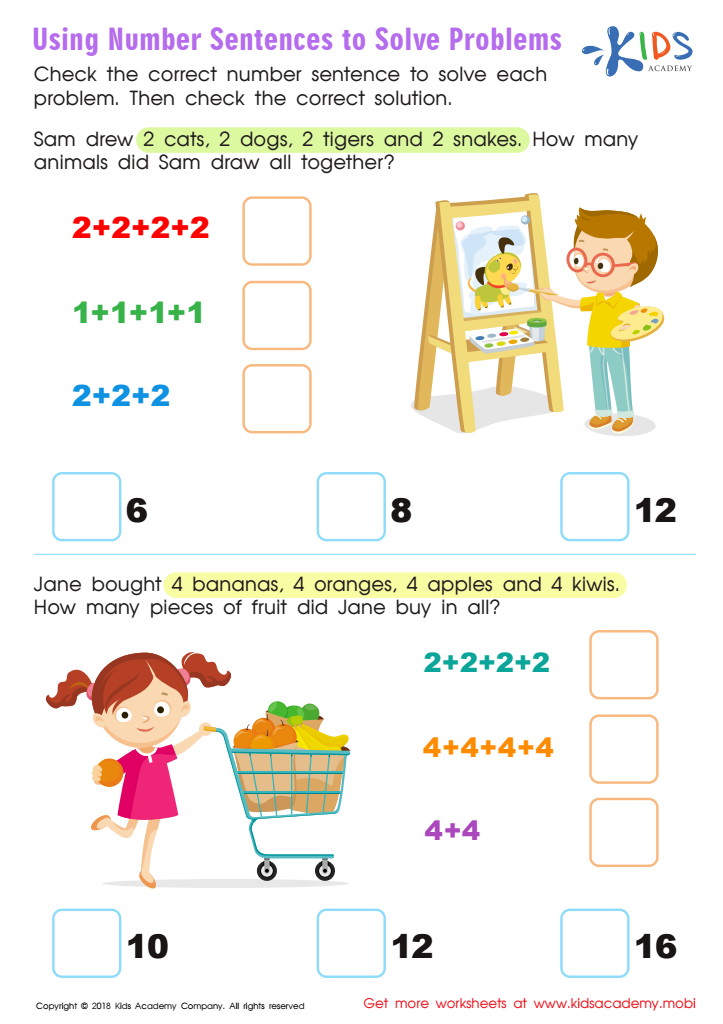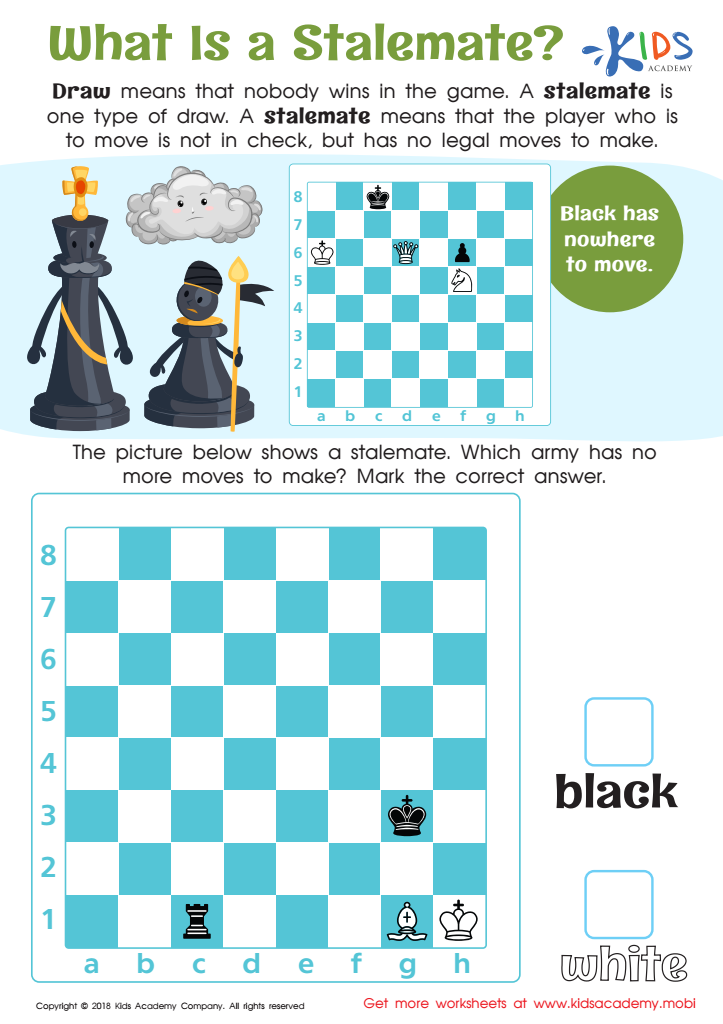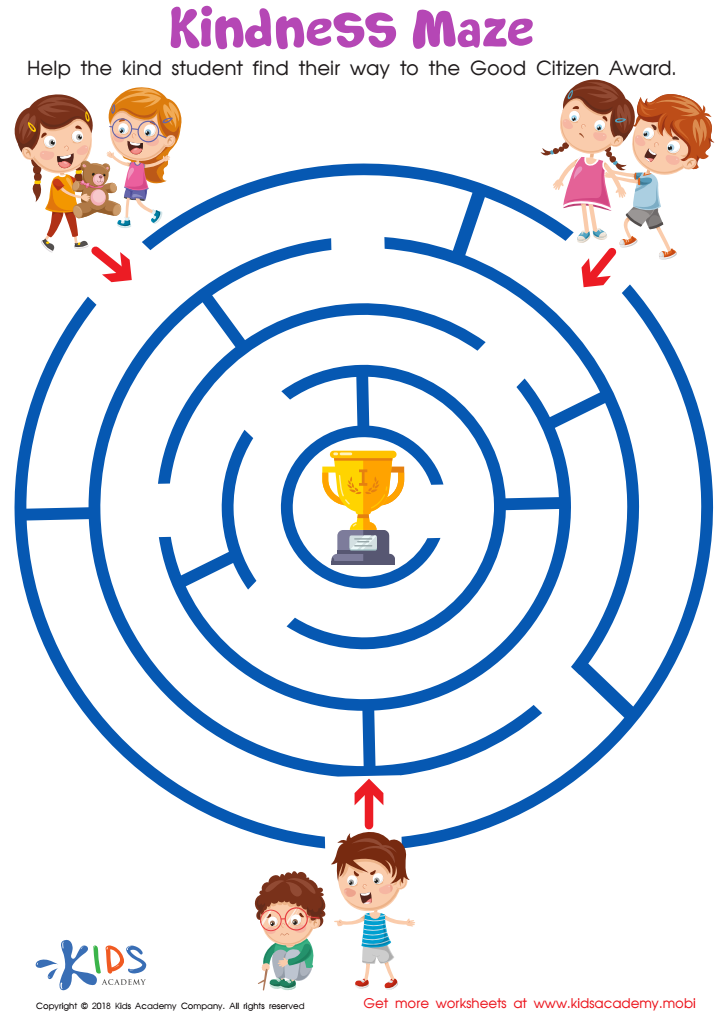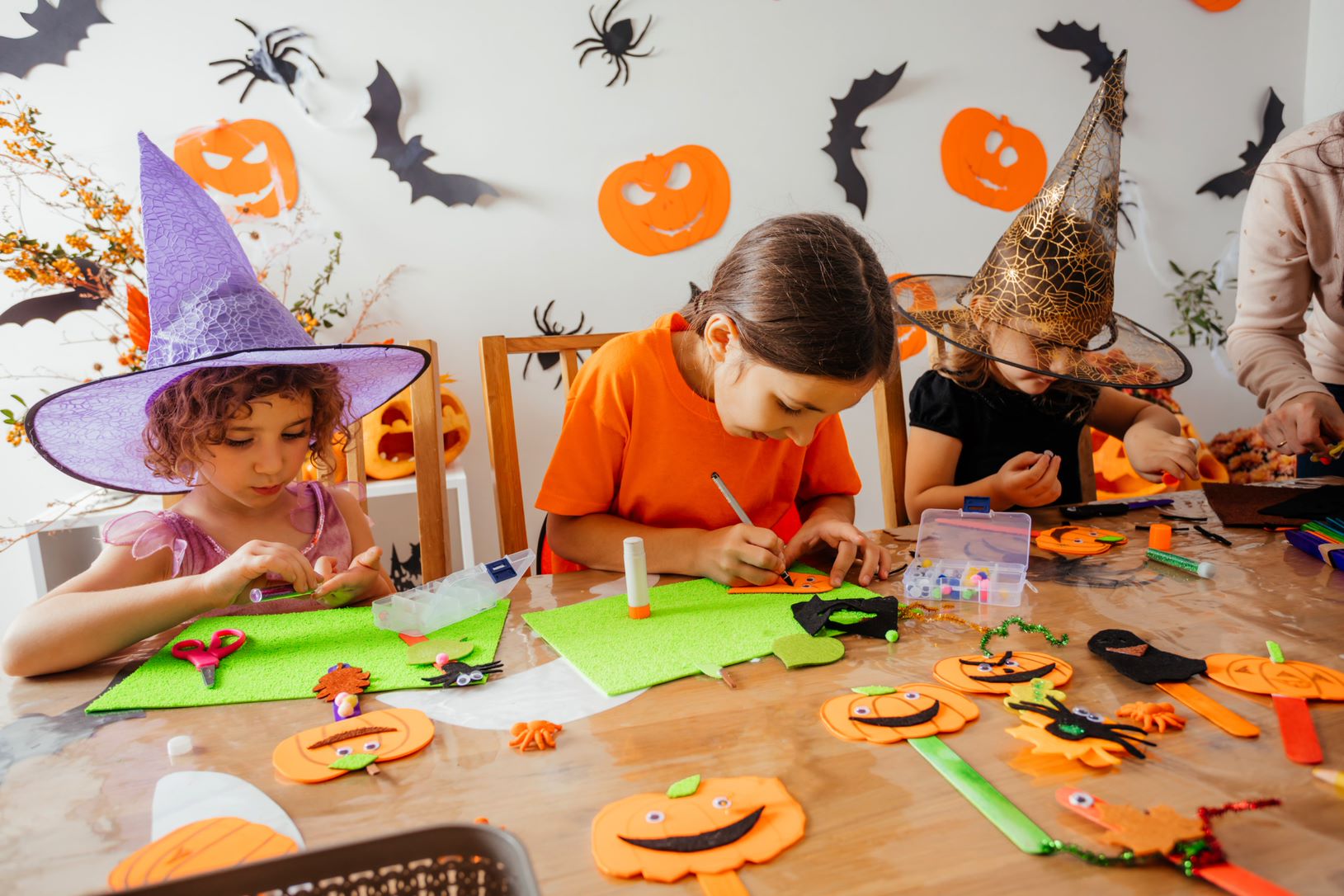Logical thinking development Easy Worksheets for Ages 6-8
3 filtered results
-
From - To
Unlock your child's potential with our "Logical Thinking Development Easy Worksheets for Ages 6-8." These engaging, skill-building activities are crafted to enhance young minds through fun, strategic exercises that nurture critical thinking and problem-solving prowess. Perfectly tailored for early learners, our easy worksheets help children grasp essential logical concepts, patterns, sequences, and reasoning techniques. Boost confidence and cognitive growth in your 6-8-year-old with colorful, interactive challenges that make learning a joyous adventure. Visit Kids Academy to ignite a love for logical thinking and watch your child’s analytical skills blossom!


Using Number Sentences to Solve Problems Worksheet


What Is a Stalemate? Worksheet


Kindness Maze Worksheet
Logical thinking is foundational for the cognitive development of children, especially between ages 6-8. At this crucial stage, their brains are rapidly growing and establishing the neural pathways essential for critical thinking and problem-solving. Encouraging logical thinking helps children make sense of the world around them, enhancing their ability to reason, reflect, and draw conclusions.
When children engage in activities that cultivate logical thinking, such as puzzles, pattern identification, or simple strategic games, they learn to process information methodically and approach problems step-by-step. This systematic approach is particularly beneficial for academic success in subjects like mathematics and science, where logical sequencing and understanding cause-and-effect relationships are vital.
Furthermore, logical thinking abilities foster self-reliance and confidence. Children who develop strong problem-solving skills can independently navigate challenges, both in academic settings and daily life. This sense of independence boosts their self-esteem and encourages a proactive attitude towards learning.
Importantly, nurturing logical thinking also supports social development. In activities like group games and collaborative projects, children use reasoning to make fair decisions, resolve conflicts, and understand others’ perspectives.
In summary, parents and teachers should prioritize logical thinking development because it equips children with essential skills for academic success, personal growth, and social interactions, laying a strong foundation for their future learning and life experiences.
 Assign to My Students
Assign to My Students


















